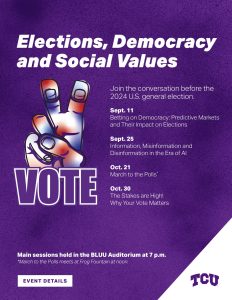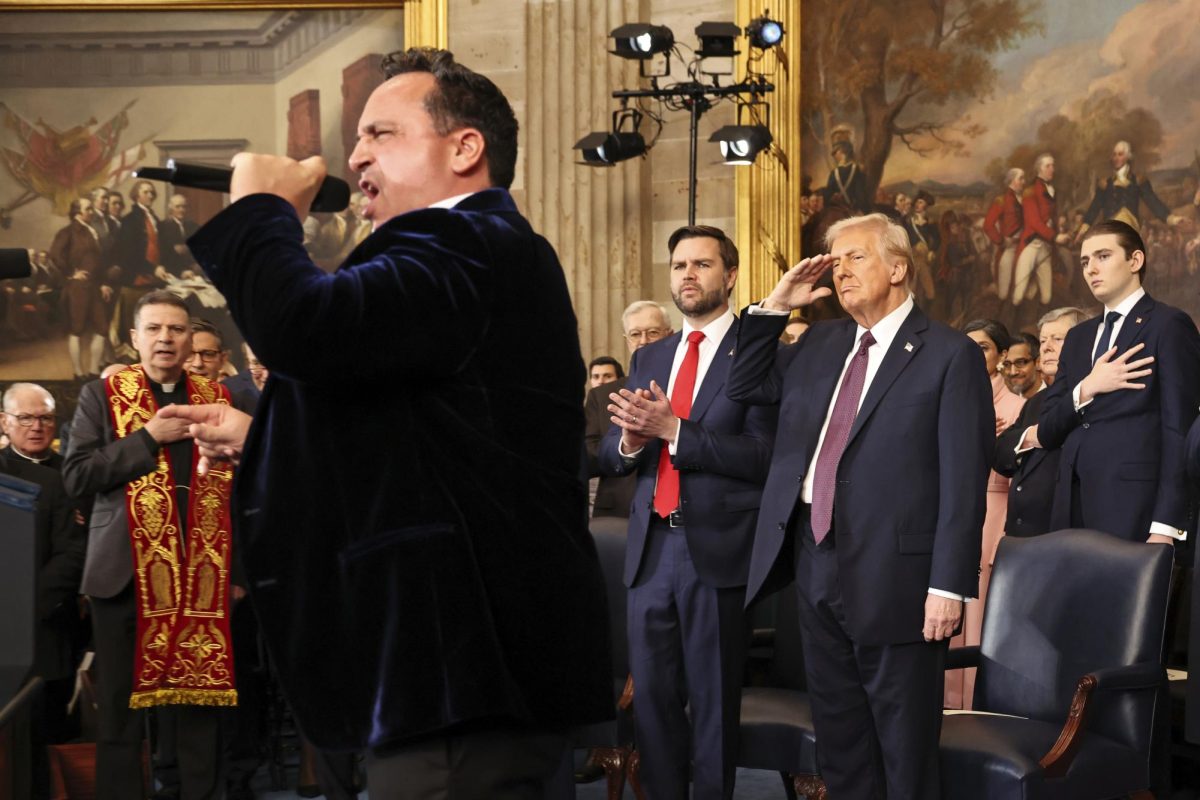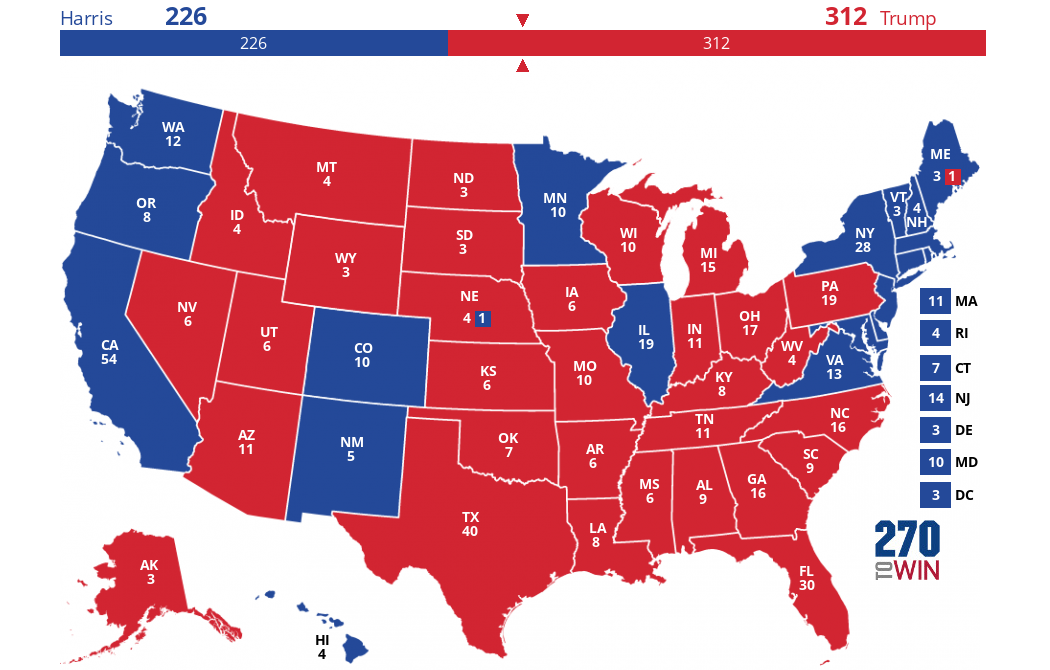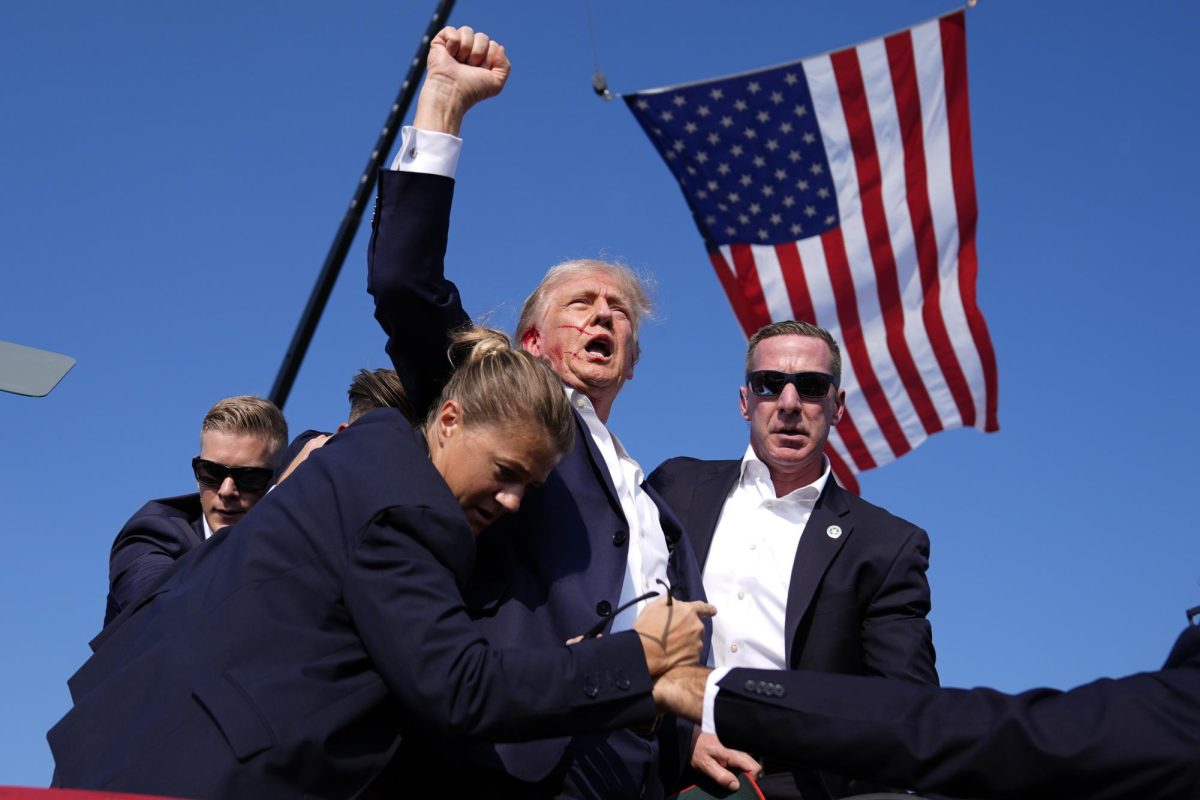To increase voter education and participation, TCU has organized a series of events to introduce students to pressing issues. This series, led by Dr. Jonathon Benjamin-Alvarado, senior advisor to the chancellor and chief inclusion officer, focuses on overcoming the obstacles that prevent young people from participating in elections. One of the main barriers is a lack of knowledge,” Benjamin-Alvarado said. “We aren’t doing a great job of providing civics education.”
Elections, Democracy and Social Values
The programming launched earlier this month with an event titled “Betting on Democracy” on Sept. 11 in the Brown-Lupton University Auditorium. The event focused on the role of predictive markets in elections. 
The Initiative’s Goal
Benjamin Alvarado highlighted the significant potential of young voters, noting that eight million Gen Z Americans will be voting for the first time in November. “They could be pivotal in the outcome,” he said. The initiative aims to continue to address issues that directly affect TCU students, including reproductive rights, climate change and the global economy’s impact on future opportunities. “As they reach voting age, young people should understand how they fit into the broader context of these issues,” Benjamin-Alvarado said. He also emphasized the relevance of gun violence, citing a Washington Post article that revealed over 383,000 students have witnessed a shooting since the Columbine tragedy in 1999. Although TCU’s campus can sometimes insulate students from broader societal issues, Benjamin-Alvarado stressed the importance of gaining awareness beyond the university’s confines. “We do live in a bubble here,” he said. “But as students become eligible to vote, they need to understand their place in the larger scheme of things.” As TCU prepares its students for the upcoming election, Benjamin-Alvarado aims to empower a new generation of informed and engaged citizens ready to influence the future of American democracy.










